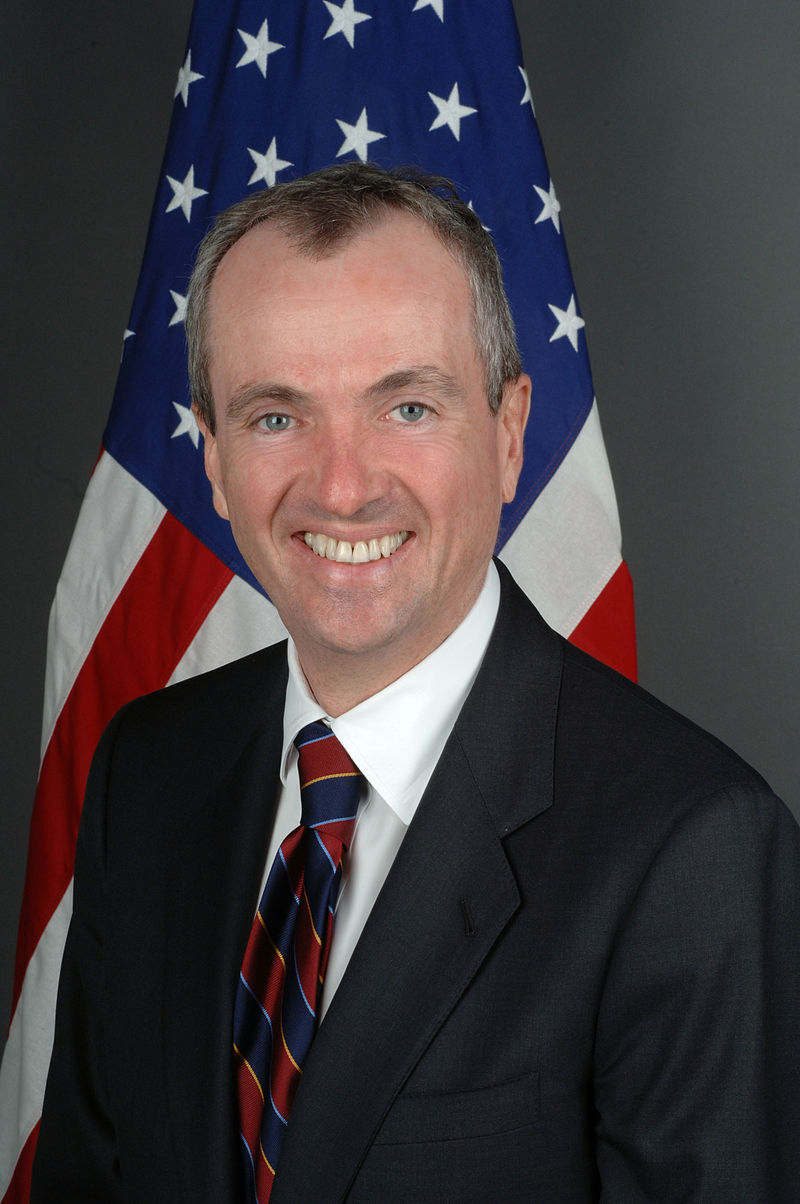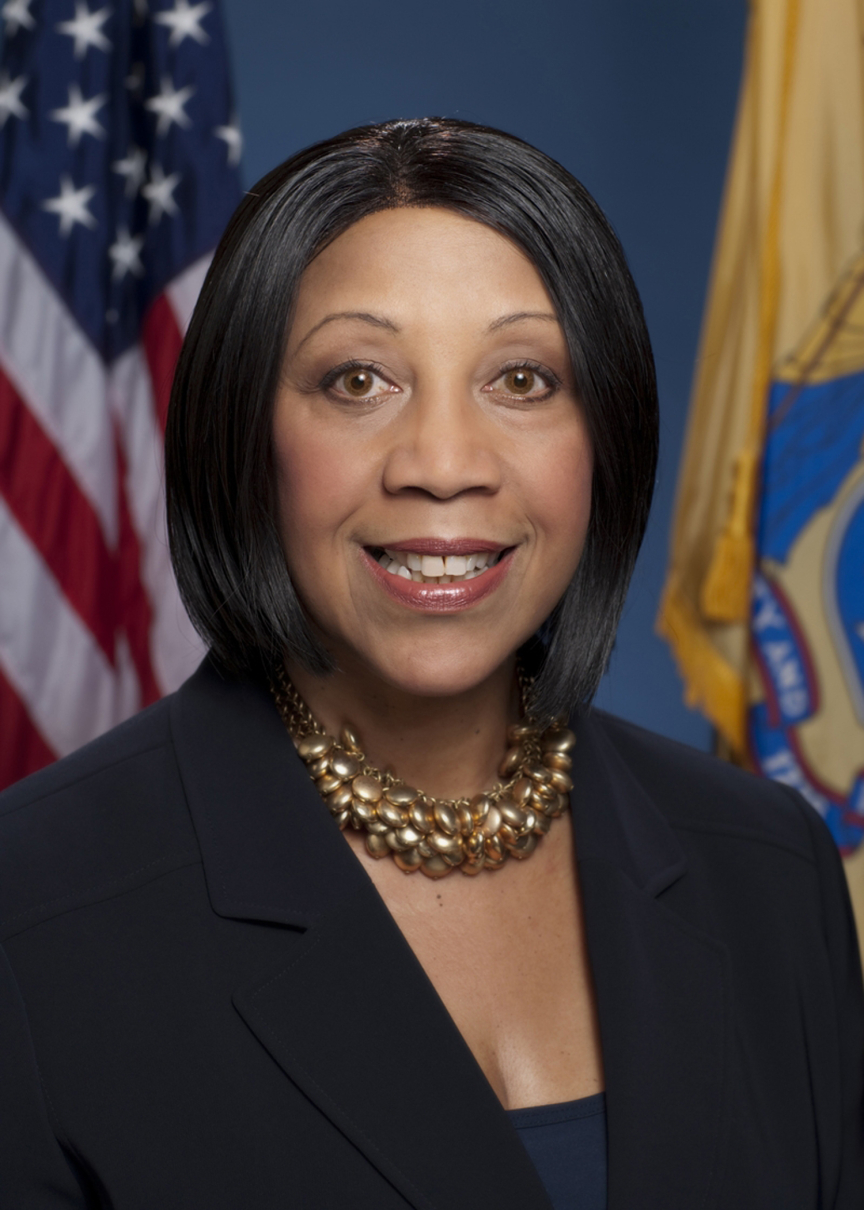Q&A: How Governor-Elect Murphy Can Lead a Successful Transition
Rutgers’ John Weingart on how the next few weeks can establish a successful first year for New Jersey’s incoming chief executive

How New Jersey’s incoming governor handles the next several weeks can “make or break his first year in office,” according to Rutgers experts.
Fortunately, governor-elect Phil Murphy can turn to Rutgers University-New Brunswick and its Eagleton Center on the American Governor for guidance on how to make the most of the crucial period leading up to inauguration day.
Part of the Eagleton Institute of Politics, the center is a leading nationwide home for analysis and research on political, policy and other matters surrounding the institution of state governorship – and especially how the office operates in New Jersey, which has one of the most constitutionally powerful governorships in the nation.
The center recently released From Candidate to Governor-Elect: Recommendations on Gubernatorial Transitions, a comprehensive study. Rutgers Today asked John Weingart, the center’s director and study coauthor, about some of the most important things Murphy and Lieutenant Governor-elect Sheila Oliver should do before taking office on Jan. 16.
What went into your report on gubernatorial transitions?
We created this report to help gubernatorial candidates and their staffs learn from the experience of previous governors-elect about the pitfalls and opportunities of the transition period, and to help the news media and public watch for clues about the likely agenda, personality and style of the coming administration.

We looked for relevant recollections and advice from people who had participated in the transitions and/or administrations of one or more newly elected New Jersey governors. Our research includes interviews with 25 former political advisers and government officials – including Rich Bagger, a former chief of staff to Governor Chris Christie; former State Supreme Court Chief Justice and Attorney General Deborah Poritz; Jen Velez, who served as human services commissioner under governors Jon Corzine and Christie; and Jim Davy, who led the Department of Human Services under governors James McGreevey and Corzine. We also reviewed transcripts and recordings of interviews that the center had previously conducted with governors Brendan Byrne, Tom Kean, Jim Florio and Christie Whitman, and other top officials.
What are the report’s key findings?
There was a general consensus among veterans of past administrations that newly elected governors and their advisors often underestimate the extent to which the transition period can make or break their first year in office. To make the most of the 10 weeks between election and inauguration, the nominees should head into the election with several trusted advisors quietly preparing for the possibility that they will win. Candidates should get over any sense that this could jinx the outcome and we as voters should get over any sense that such planning is presumptuous. It would be irresponsible to not be as ready as possible.
What are the most important things that Governor-elect Murphy and Lieutenant Governor-elect Oliver should do between now and their swearings-in?
Governor-elect Murphy has already started with a series of seemingly well-planned decisions, beginning with the announcement that the lieutenant governor will serve as Commissioner of Community Affairs, the naming of key transition staff and policy committees, and the announcement of his chief of staff and chief counsel.
Now he’ll need to decide on initial policy priorities, as well as nominees for the new cabinet and other posts – and on more seemingly mundane matters.For example, determining how State House office space will be assigned for the new governor’s staff will help establish clear lines of authority and communications. The incoming governor should also begin building relationships with state legislative leaders and members of both parties, and the congressional delegation. Last and probably not least, he and the incoming lieutenant governor should take vacations.
What difficulties will they face during transition?
First, there is the matter of the state’s challenging fiscal situation. Recent incoming governors have generally discovered that the fiscal news is worse than expected, but the real picture will become clearer as the governor-elect and his team receive more specific briefings and data.
Next, unique to this 2017-2018 transition, the federal government’s policies and priorities are changing at dizzying speed. They will clearly have significant impacts on state government, in often unpredictable ways.
The incoming governor should also prepare for the possibility of some completely unexpected issue or crisis by building a nimble team with clear lines of authority and communication, as quickly as possible.
The governor-elect has identified several bold policy priorities, including a $15 minimum wage, legalizing marijuana, and offering tuition-free community college. What actions during the transition can help or hinder his ability to deliver on those goals?
The incoming governor will need to forge good working relationships with legislative leaders and agree on a finite set of initial goals. That early agenda should be ambitious but achievable and include some steps to address the state’s underfunded pension system. A combination of early successes and a projection of competence and caring would build a good foundation for the new administration.